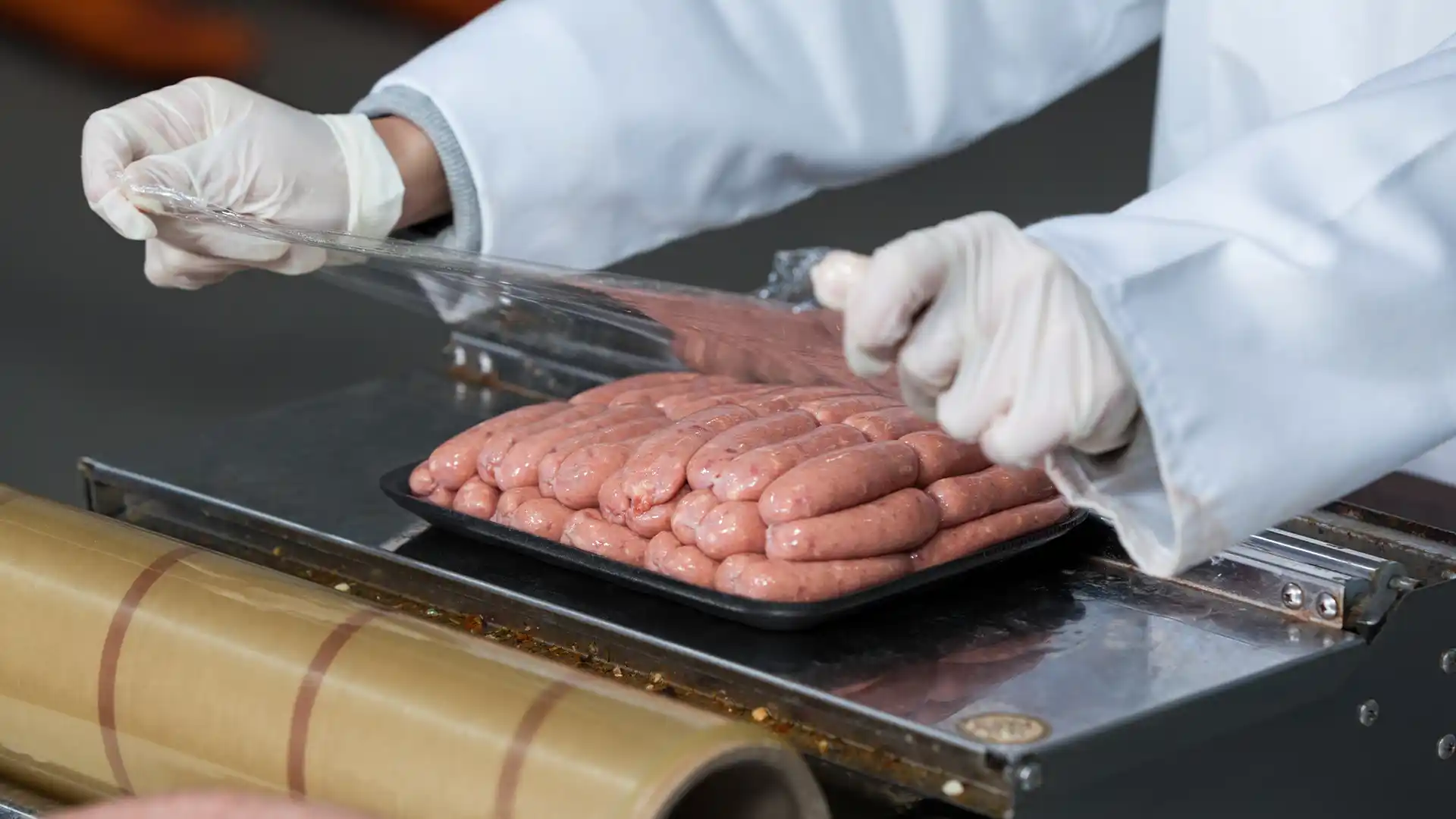What are food miles? You’ve probably heard the term bandied around a lot lately but what does it really entail and does it really affect the food we eat?
The idea of food miles having an impact on the food we consume came about in the 1990s in a document titled ‘The Food Miles Report: The Dangers of Long-Distance Food Transport’ by Angela Paxton. Within the report, Professor Tim Lang conceived the idea when discussing the transportation of food and the health of the nation’s current food supply.
The premise behind food miles is to look at how far and via what methods our food reaches us, and asking whether it is still nutritionally viable when it does.
Supporting Local Business
Of course, there is more to food miles than just the distance travelled. You should also consider methods of growing, processing procedures and packaging types when looking at food that has come from abroad.
Farming and the cultivation of crops and livestock creates many of the jobs in Lincoln, and the surrounding areas rely on it to sustain the local economy.
Lincolnshire has a strong connection to the land it uses and as you can see in the table below, we have dedicated a large portion of our land to cultivating crops.
Export vs Import
So, what do you need to know about your food miles?
Support For Food Miles:
- The less your food has to travel, the less impact it has on the environment
- There is often more packaging used on imported foods than on local foods which means more waste
- Local food production supports local jobs and the local economy
In order for food to get to our dinner plates from other countries, it has to travel great distances, which takes time.
The simple fact is that we have so many great choices for fruits, vegetables, meats and dairy on our doorstep. For example, Lincolnshire arable farming produces one eighth of the nation’s food, so why look further afield for the majority of your monthly shopping?
Home Grown Alternatives
Despite commons misconceptions, the UK climate can sustain a number of crops that are often considered too ‘exotic’ to grow. With the right care and attention, we can grow the following fruits and veg that we currently import from abroad;
- Figs
- Olives
- Kiwi
- Citrus fruit
- Almonds
- Nectarines
- Peaches
- Chinese artichoke
- Amaranth
- Oca
If you are interested in learning more about food miles you can now use Food Miles calculators to estimate how far your food has travelled from source to your dinner table.
As a county we are also fiercely proud of our local delicacies.
Here at Lincolnshire.org, we recently surveyed Lincolnshire’s favourite foods and, not surprisingly, Lincolnshire sausages came out on top. Livestock plays a massive part in our food heritage and there is a strong following of people who always aim to buy local.
If you would like to support your local growers then buying their produce in preference to imports is one way to go. More often than not, you will be able to speak to the producer or supplier in person and get a better idea of the process used to get meat, veg, fruit and dairy onto your dinner table.






